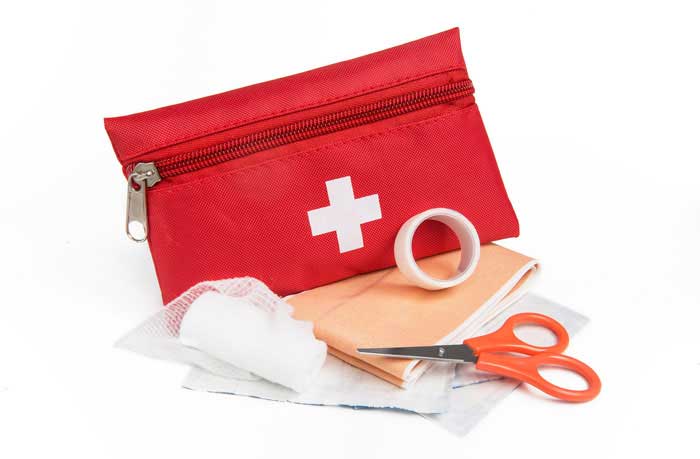Most of the 140,000 British nationals who visit South Korea every year do so trouble-free, but then there is that small fraction of tourists who encounter some kind of mishap. To minimize the consequences of these mishaps, the UK government has compiled a few guidelines to help travellers make the most of their trip. First of you all, if you are a British citizen abroad, they advise you to contact the nearest British embassy, consulate or high commission if you need help from the UK government.
They start by giving some historical context and a summary of current events in terms of relations with North Korea to warn travellers. "From the start of 2018, there has been a renewal of direct contact between the North and South Korean governments, as well as between North Korea and the United States. Under the Panmunjom Declaration signed at the inter-Korean summit on 27 April, South Korea and North Korea pledged to agree a peace treaty formally to end the Korean War, alongside a number of other commitments to build inter-Korean ties and reduce military tensions. On 12 June, US President Donald Trump met North Korean leader Kim Jong Un in Singapore. In a joint statement, North Korea reaffirmed its previous commitment to the denuclearisation of the Korean peninsula."
Although North Korea announced a halt to nuclear testing back in April 2018, "the level of tension on the Korean peninsula can change with little notice. Tensions increased after the sinking of the South Korean Navy Ship Cheonan and an artillery attack against Yeonpyeong Island in 2010; when the DPRK carried out 2 missile tests in 2012; and after nuclear tests in 2013, 2016 and 2017. Tensions can also rise during South Korean-US military exercises, which take place throughout the year. You should keep in touch with news broadcast, follow the advice of the local authorities and check this travel advice for any updates."
In times of tension, you should not only follow local procedures, but have your own contingency plan and make sure you have your passport at hand as well as other important documents, such as nationality documents and birth and marriage certificates, and medication.
In the event of civil emergencies, the South Korean government has developed a smartphone application with civil emergency advice, which comprise shelter locations, different types of alarms, medical facilities and emergency services. The way to look for it is by searching "emergency ready app" on Android or Apple app stores.
Although it is not common to get robbed in South Korea, take special care of passports, credit cards and money when you find yourself in crowded areas as well as in areas that attract foreigners, such as Itaewon. "Take care when travelling alone at night and only use legitimate taxis or public transport. For emergency assistance, or to report a crime, call 112 for police (a 24 hour interpretation service is available) and 119 for ambulance and fire."
If you are thinking of hitting the road of South Korea, you'll need an International Driving Permit, and you better have fully comprehensive insurance. "Car and motorbike drivers are presumed to be at fault in accidents involving motorcycles or pedestrians. Criminal charges and heavy penalties are common when accidents result in injury, even if guilt is not proved. Watch out for motorcycles travelling at speed on pavements."
If you'd rather not rent a car, beware taxi drivers here tend to speak little or no English, but translation services are available. To make your trip easier, make sure you have your destination written in Korean, if possible with a map.
Before you travel, make sure you know the local laws and customs, as a serious violation may lead to a jail or death sentence. "Penalties for possession, use and trafficking of illegal drugs can result in long jail sentences and heavy fines. This applies even to personal use of small amounts of marijuana. British nationals have been detained solely on the basis of drug tests."
If you are not going to incur in any crime, just make sure you are a practical traveller. "Carry some form of identification at all times and make sure your next-of-kin details have been entered into the back of your passport."

